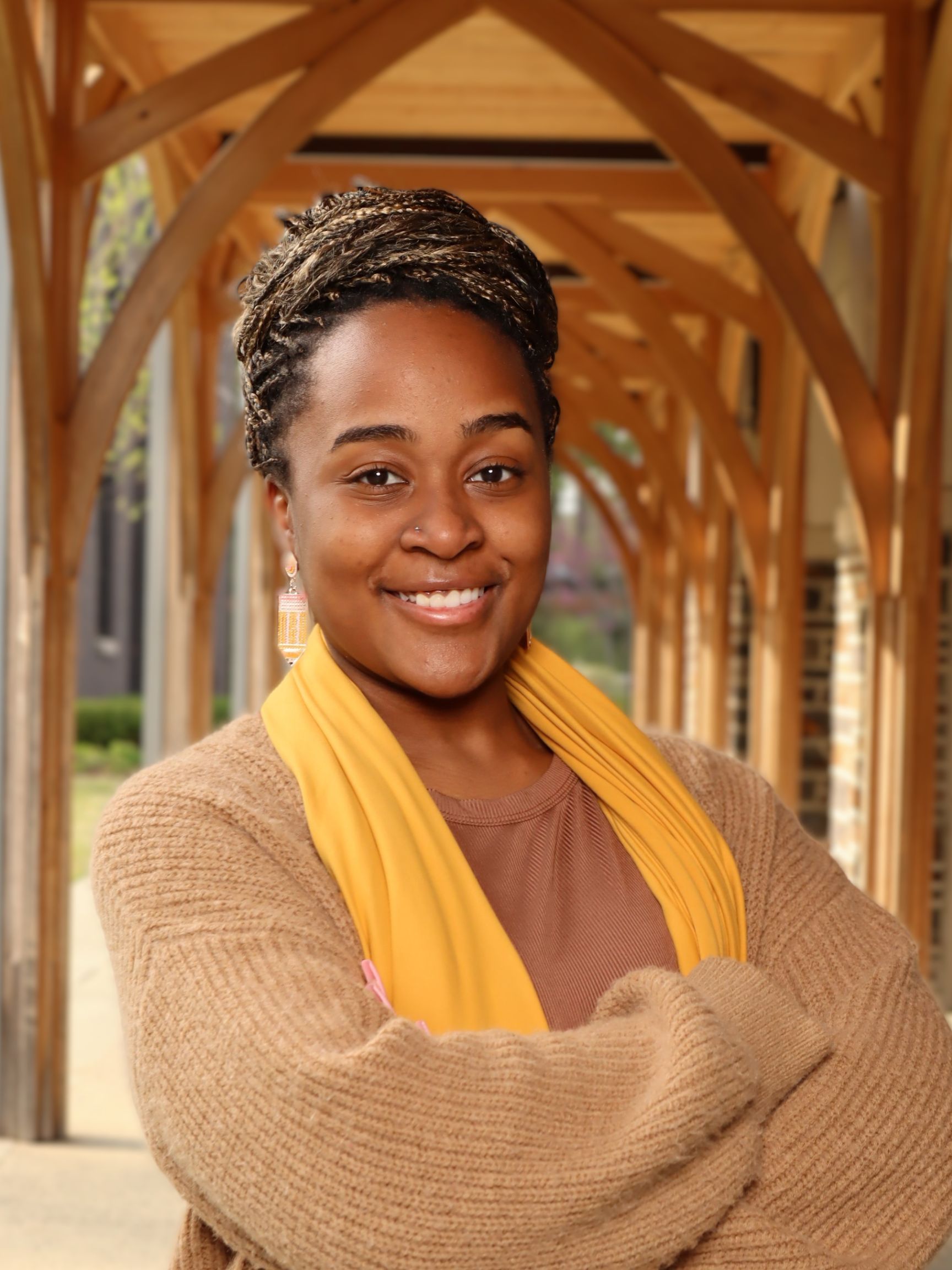For Akanke Mason-Hogans, returning to the Hank and Billye Suber Aaron Young Scholars Summer Research Institute as a co-instructor feels like a natural continuation of a journey that began long before her first day in a classroom.
Mason-Hogans, a Durham native and graduate of North Carolina A&T State University, didn’t always know she wanted to be a teacher. In fact, her first plan was to be a chemical engineer. “In high school, I had a chemistry class I really liked,” she recalls. “And someone told me, without a lot of context, that chemical engineering was basically chemistry but with better pay. I didn’t do much research, I just went with it.”
As a student at Josephine Dobbs Clement Early College High School, Mason-Hogans participated in the Young Scholars program in 2016, 2017, and 2018. In the latter two years, her research projects hinted at her burgeoning interest in education, as they explored the importance of HBCUs for Black students and the role of colorism on student achievement in K-12 schools.
She enrolled in A&T as a chemical engineering major and began her studies on a four-year scholarship. But by the time her junior year came around, she realized something crucial.
“I didn’t like it,” she says, simply. “It took a while to admit it, but I knew I didn’t want to do that for the rest of my life.”
At the same time, she was volunteering in Guilford County Schools, completing service hours through honor societies and campus organizations. And something clicked. “I found that I really loved being around students,” she says. “The way they asked questions, their energy, it just made sense.”
“They showed me that learning doesn’t have to be rigid. That you can find meaning in moments.”
That realization sent her down a different path as she went on to earn her Master of Arts in Teaching from Duke University. Now, she teaches high school chemistry at Durham’s Riverside High School where, in 2025, she was named the school’s Beginning Teacher of the Year.
This summer, she brings that experience back to the Aaron Young Scholars Institute as a co-instructor.
“It’s really powerful to be on the other side now,” she says. “This program taught me how to think critically, how to question things that seemed too simple. I’m excited to help students do that for themselves.”
Mason-Hogans is especially looking forward to bringing her STEM background into conversations about equity and justice. “A lot of times, people think science and social issues are separate,” she explains. “But they’re not. Helping students make those connections, that’s what I’m here for.”
Her teaching style emphasizes inquiry, community, and confidence-building. She understands that not every student enters the room believing they’re a “researcher” or a “scientist,” but she hopes to change that. “You don’t have to have it all figured out,” she says.
“You just have to be willing to ask the right questions.”

